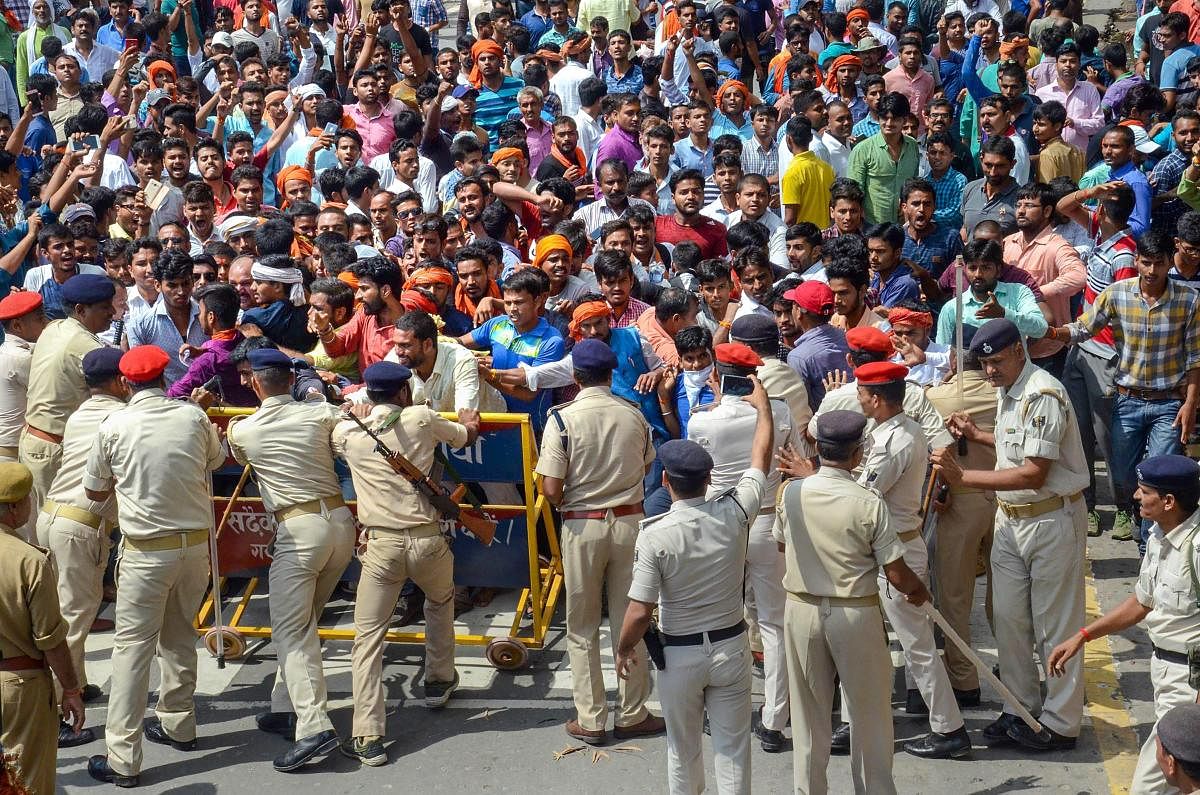
The Supreme Court has done well to recall a March 2018 court order, which had the effect of rewriting the law against atrocities on Scheduled Castes and Scheduled Tribes to their disadvantage. A three-judge bench has now undone the damage caused by a two-judge bench, clearly pointing out that the impugned order was against the spirit of the Constitution and the interests of the STs and STs which the existing law and the Constitution sought to protect. In the name of providing safeguards against the misuse of the law, the court had forbidden the arrest of public servants and private persons without prior permission in cases filed under the SC/ST Act and insisted on a preliminary inquiry before registering an FIR in such cases. It also made the granting of advance bail to the accused easy in such cases. The effect of the order was to dilute the law and make action under it difficult.
The order had evoked much criticism and triggered widespread protests by Dalits who had even otherwise felt that the political milieu was becoming increasingly hostile and oppressive for them under the BJP government. Recurring atrocities like the Una flogging, the perceived failure of the government to take prompt action in such cases and the impression that the government did not defend the law well in the court added fuel to the Dalits’ anger and led to a popular mobilisation by them. The government enacted fresh legislation to undo the effect of the order, and the court’s recall of the order has helped to reaffirm the values and principles that underlie the system. It has made it clear that a law cannot be divorced from its social context and should be judged on its need and purpose as much as on its constitutionality.
Special laws are needed for the disadvantaged sections in an unequal society and, as the court observed, the introduction of additional safeguards against their alleged abuse by such sections would amount to another form of discrimination against them. The 2018 order, perhaps inadvertently, accepted the assumption that SC, ST members are more likely to give false complaints than the general population. The logic of securing an authority’s sanction for arrest or of holding a preliminary inquiry in cases related to atrocities against Dalits is unacceptable, when there is no such provision in other kinds of cases. By introducing the so-called safeguards, the order was, in fact, creating another legislation that limited the original enactment and defeated its purpose. It amounted to the assumption of legislative powers by the judiciary. The court’s recall order has corrected the wrong, and made a welcome affirmation of some salutary legal and constitutional principles.